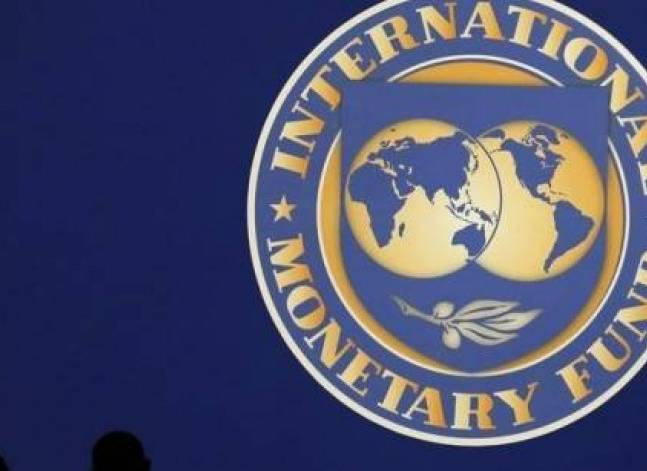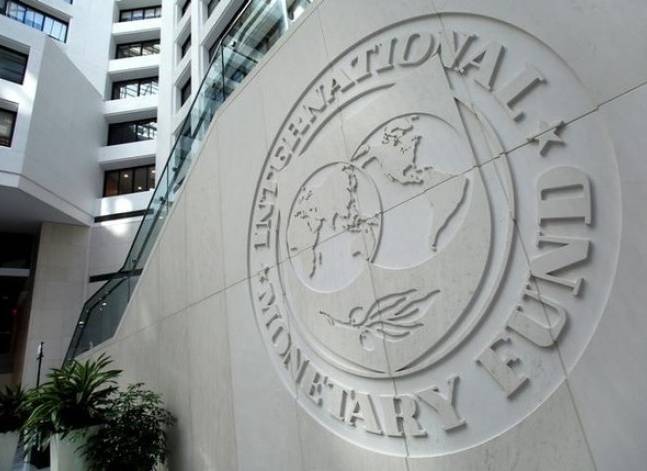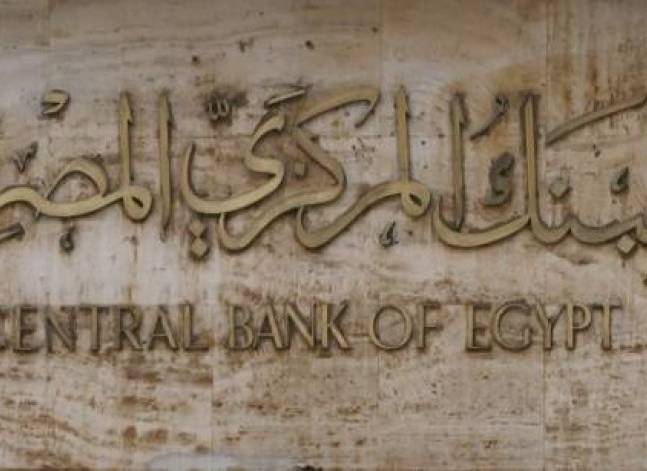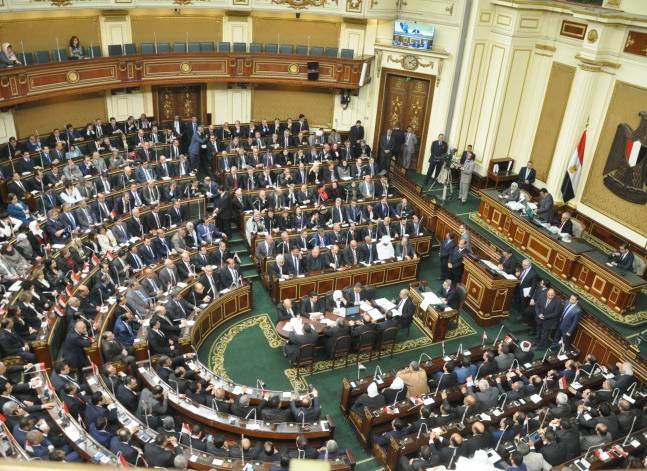Latest NEWS
- Aswat Masriya, the last word
- Roundup of Egypt's press headlines on March 15, 2017
- Roundup of Egypt's press headlines on March 14, 2017
- Former Egyptian President Hosni Mubarak to be released: lawyer
- Roundup of Egypt's press headlines on March 13, 2017
- Egypt's capital set to grow by half a million in 2017
- Egypt's wheat reserves to double with start of harvest -supply min
- Roundup of Egypt's press headlines on March 12, 2017
Deconstructing the official narrative: currency float not the only solution - EIPR
CAIRO, Nov 17 (Aswat Masriya) - Egypt’s decision to float the national currency has been met with mixed reactions, ranging from applauding it as a historic and unprecedented decision to seeing it as a mistake or the beginning of a yet more difficult economic period.
The Egyptian Initiative for Personal Rights (EIPR) published a report prepared by its researcher Salma Hussein on Tuesday tackling what it desribes as the “myths” surrounding the current economic challenges and the decision to float the national currency.
In an attempt to deconstruct the official narrative on how Egypt’s economic crisis came to be, the EIPR discusses three broad “myths” that have been at the center of the government’s discourse in its tackling of Egypt’s economic woes and its decision to float the pound.
The first “myth” addresses the reasons behind the large cuts in foreign reserves observed after the January 2011 uprising.
The government’s adopted narrative, ever since protests broke out in 2011, is that the foreign reserves were largely diminished as a result of the political unrest during and after the ouster of President Hosni Mubarak causing the main sources of foreign currency to decline.
However, EIPR contends that there was actually a net increase in dollar revenue in the period between 2011 and 2013 based on central bank figures.
Although, there was a deficiency in the main sources of foreign currency, namely tourism and Suez Canal revenues, an “unprecedented” increase in workers’ remittances, foreign investment and external loans estimated at more than $14 billion happened during the same period.
In the period 2013-2016, the main sources of foreign currency continued to decline, but workers’ remittances, Foreign Direct Investment (FDI) and external loans still largely mitigated their effect.
This period also witnessed a marked weakening of the Egyptian pound and a surge in the black market for US dollars which became largely in control of the dollar supply. This has culminated in the large differential between the official and unofficial rates observed immediately before the flotation decision.
The reason behind the dwindling foreign reserves, according to EIPR, is the massive outflows (both legal and illegal) of capital and profits. This is in addition to money spent by the government to service short- and medium-term debts as well as “inadequately planned” national projects.
The phenomenon of large monetary outflows indicates that neither the government nor the central bank had been adequately monitoring or regulating financial activity, according to EIPR, thus shifting the blame to them instead of simply the “chaos” caused by the January uprising.
The second “myth” tackles the effects of the flotation. The government’s narrative is that the money market would witness stability, thus increasing foreign investment inflows and reversing the decline of the main source of foreign currency.
However, a “period of instability” that could reach up to six months is expected after the currency float, along with an “exaggerated” rise in the pound’s exchange rate against the dollar, according to the report.
Large-scale borrowing, primarily form the International Monetary Fund and the World Bank, are also problematic, as repayment would take a toll on foreign reserves, the report states.
The third and final “myth” lies in the government’s approach towards the flotation as the only option, or a “necessity” as there is “no other alternative.”
Hussein argues that floating the currency is not the solution since it does not address the core problem, which is the large outflows of capital and profits, and does not eliminate the dollar shortage.
“A more rational strategy by the central bank and the government would have been adopting a police package that eliminates the dollar leakage outside of the country,” Husein said in the report.
Policies could include “temporary” restrictions placed on capital movements outside the country in an attempt to “halt the deterioration of the pound” as well as imposing taxes.
Egypt’s central bank Governor Tarek Amer had described the flotation of the pound as “a turning point in Egypt’s economic future”, hours after the decision was announced.
Foreign reserves have reached $19.59 billion at the end of Sept., the highest in over a year but still more than 40 per cent below levels before the January 2011 uprising.
In the past 2 months, foreign reserves have increased by $4 billion, according to Amer.
Egypt has received its first tranche of a $12 billion three-year IMF loan after the executive board approved the request on Nov. 11.

















